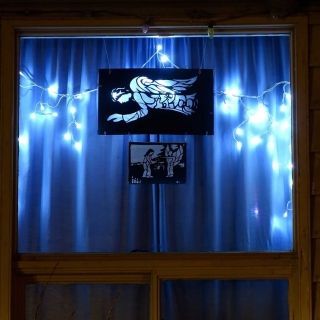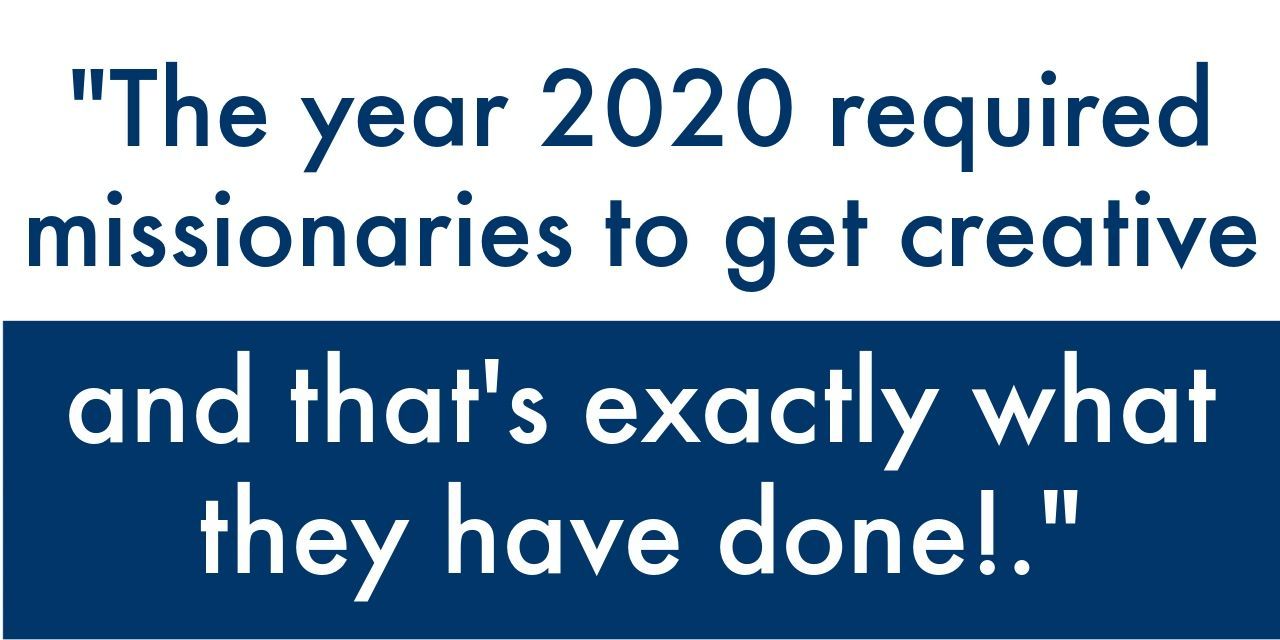
Making Disciples in Northern Canada
This post is an excerpt from SEND Canada's 2020 Annual Report.
-----
One of SEND’s ministry fields is right within the borders of Canada! Several unreached people groups live in the “60/70 window”, a geographic area that spans across the Yukon and Northwest Territories, Nunavut, as well as Alaska.
Located in the northernmost regions of the Americas, this area experiences extreme cold and darkness for many months. The spiritual climate is also particularly challenging . Substance abuse, poverty, loss of culture, and suicide are tragic realities that are amplified in many regions of Northern Canada and Alaska.
Long-Term Vision
The long-range vision of SEND North is to make disciple-makers in the North. This vision places Jesus-followers in small, often remote villages to join in the daily life of close-knit communities and bring the gospel. In the extreme environment and extreme need of the North, SEND Canada workers seek to demonstrate God’s extreme love.
An Unusual Year with New Opportunities
The year 2020 required missionaries to get creative - and that is exactly what they have done! One missionary displayed art in his window that related to each Sunday’s radio-broadcasted sermon. When most camps were not able to have overnight programming in the usual “away-from-home” locations due to COVID restrictions, one group of missionaries brought the camp experience to the village by putting on a day camp for the kids! Each day the children dug into the Word of God, sang their hearts out, painted, created, played games, swam in the river for hours, and had a blast.

This unusual year also brought wonderful opportunities for partnerships with other ministries. SEND North partnered with 8 organizations to distribute kits containing PPE, over 250 Christmas care packages, and thousands of Bibles - some even in the Inuktitut language! In contrast, some enjoyed a renewed simplicity in ministry as missionaries offered the life-changing practice of simply reading the Bible together with people in their homes.
God is working in the North, and we believe He is not done bringing light and hope to the 60/70 window!
Watch a video: From Shamanism to Christ
Additional Posts





